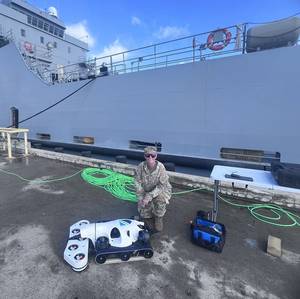
Sticking to legacy tactics won't beat China — adopt Secretary Hegseth's and the Army initiatives or surrender the edge.In a recent address, Admiral Christopher Grady, Vice Chairman of the Joint Chiefs of Staff, underscored the urgent need for a robotic hull-cleaning system to enable anytime maintenance, reduce drag, boost speed, and minimize fuel consumption for naval vessels.
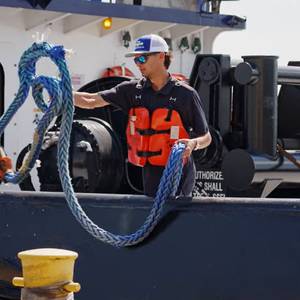
The American Waterways Operators, the trade association of the American tugboat, towboat and barge industry, has released a new video on the industry's contributions to U.S. national and homeland security.The two-minute video, The Tugboat, Towboat and Barge Industry: Supplying America, Securing America, notes that while the mariners who transport cargo and facilitate commerce on America's rivers
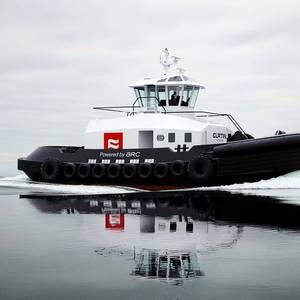
While political winds in the U.S. have significantly tampered many ‘green’ projects, Curtin Maritime is domiciled in California, which is globally known for its strict environmental initiatives. To that end, Curtin Maritime inked a contract recently to invest $160m for eight new hybrid-electric tugboats, vessels being built by Snow & Co.
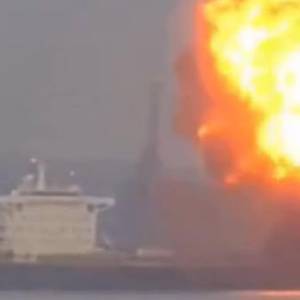
The US Coast Guard and local partners are responding to an explosion aboard the 751-foot Liberia-flagged bulk carrier W-Sapphire in Baltimore Harbor.Responders from Coast Guard Sector Maryland - National Capital Region were dispatched to the area to assist. No injuries have been reported, and the cause of the explosion is under investigation.
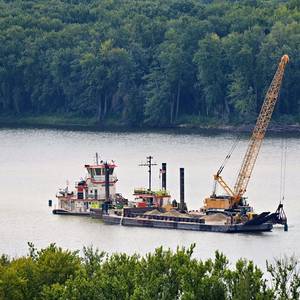
The American Association of Port Authorities (AAPA) and a broad coalition of every donor and energy transfer port have sent the House and Senate Appropriations Committees and the Energy and Water Development Subcommittees leaders a letter, urging them to reverse a funding diversion and restore critical support for ports through the FY2026 appropriations process.
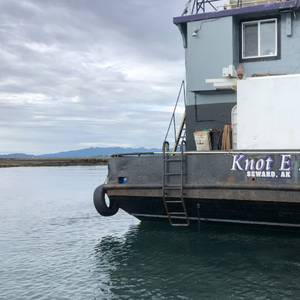
The federal district court in Anchorage, Alaska, has entered final judgment against three Kodiak-based commercial fishing companies and their manager for multiple violations of the Clean Water Act.The court entered default judgments against company manager Corey Potter and F/V Knot EZ LLC, Aleutian Tendering LLC, and Alaska Tendering Company LLC, and imposed a civil penalty of $1,182
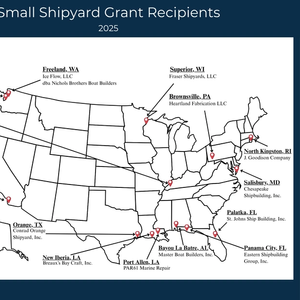
U.S. Transportation Secretary Sean P. Duffy has announced that the Maritime Administration (MARAD) has awarded $8.75 million in grants to revitalize U.S. shipyards and advance America’s maritime dominance.The funding is part of the Small Shipyard Grant program, which supports advanced training, workforce development and new technologies that strengthen U.S. shipbuilding and repair capabilities.
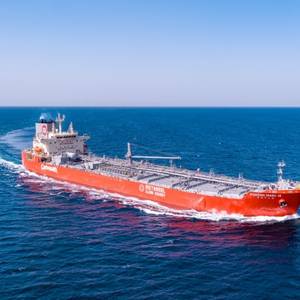
Mitsui O.S.K. Lines (MOL) has taken delivery of the Kohzan Maru VII, a newbuilding dual-fuel methanol carrier, which will serve Mitsubishi Gas Chemical Company (MGC) under a long-term charter.The Kohzan Maru VII was delivered at HD Hyundai Mipo shipyard, where the naming ceremy took place.

The investigation into why a Mexican Navy training ship struck the Brooklyn Bridge on Saturday, shearing the top of its masts, will look into a possible engine failure and the role of a tug boat that assisted it in backing out of its pier, officials said on Monday.The ship's engine was the key focus for the National Transportation Safety Board, said Brian Young
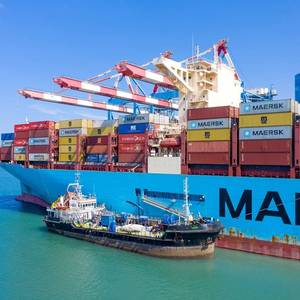
The maritime industry has worked with a single fuel source for over a century and with the rush to meet emission standards in both domestic and foreign markets, adapting to the current list of alternative fuels is going to present significant problems. Each market has its issues whether bluewater, brownwater, coastal, foreign or domestic.
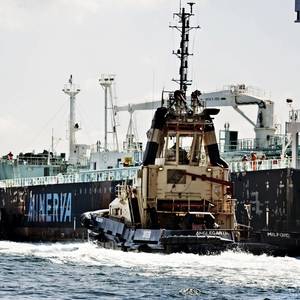
Operating one of the world’s largest marine fleets of any kind, it is Svitzer’s local footprint that speaks volumes for its diverse and far-flung workforce and assets. Strengthened by a multi-national team, providing value in more than three dozen countries, Svitzer stands out every day.
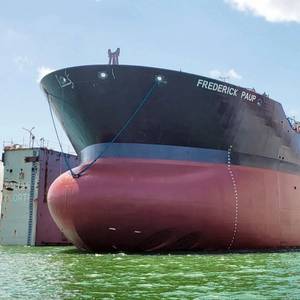
Manson Construction has long been a pillar of the U.S. maritime industry, rooted in a tradition of U.S.-built, U.S.-owned, and U.S.-operated vessels. The company was founded in 1905 by Peter Manson, when he dug up a jar of gold coins [because he didn’t trust the banks] and purchased a winch, a winch that was then put on a barge and that became Manson's first pile driver.